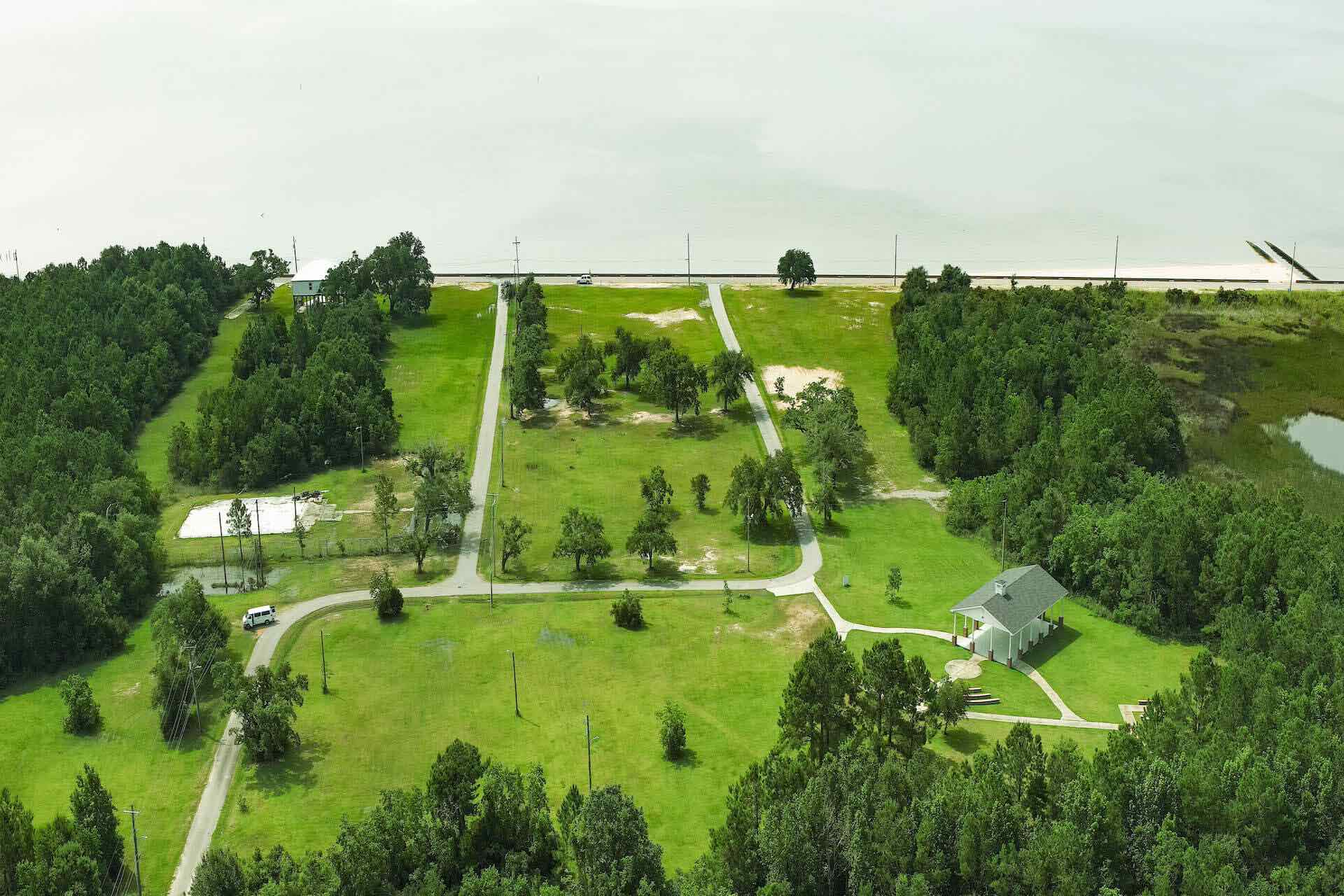Gulfside Assembly, situated in the picturesque town of Waveland, Mississippi, stands as a testament to the vision and determination of Bishop Robert E. Jones, the pioneering African-American episcopal leader of the Methodist Episcopal Church. In the early 20th century, when the shadows of racial segregation loomed large over the American South, Bishop Jones envisioned a place where African Americans could find solace, unity, and empowerment.
At its inception, Gulfside Assembly broke barriers by being the first facility on the Gulf Coast that welcomed African Americans to its shores. This was more than just a place to swim or enjoy the beach; it was a sanctuary where the black community could gather without the weight of racial prejudice. The gentle waves of the Gulf Coast washed the sandy shores and symbolized the waves of change that Gulfside Assembly aimed to bring.
As the years progressed, the Assembly expanded its horizons. It wasn’t just a recreational spot; it became an educational and spiritual hub. The summer school for Methodist pastors, initiated by Bishop Jones, was a significant step towards empowering the African-American clergy. Establishing a YMCA and the Poor Boys’ School further showcased Gulfside’s commitment to holistic development. The Poor Boys’ School, in particular, was a beacon of hope for many impoverished black boys, offering them an education and a chance at a brighter future.
But Gulfside Assembly’s impact was wider than education and recreation. It became a fortress in the fight against racial prejudice. During the tumultuous years of the Civil Rights Movement, it served as a meeting ground for African-American leaders, facilitating strategic discussions and planning for civil rights activities. The Assembly’s role in this pivotal period of American history cannot be understated.
However, like any enduring institution, Gulfside Assembly faced its share of challenges. In the form of Hurricane Camille in 1969 and the devastating Hurricane Katrina in 2005, nature’s fury wreaked havoc on its facilities. But the spirit of Gulfside Assembly stood firm, much like the resilient oak trees that dot the Mississippi landscape.
Today, the open-air prayer chapel, dedicated in 2016 and named in honor of the late Bishop Leontine Kelly, the first African-American female Bishop of The United Methodist Church, stands as a symbol of Gulfside Assembly’s enduring spirit. It’s a reminder of the Assembly’s rich legacy and unwavering commitment to unity, empowerment, and change. As the sun sets over the Gulf Coast, casting a golden hue over the waters, Gulfside Assembly continues to shine as a beacon of hope and unity for all.
